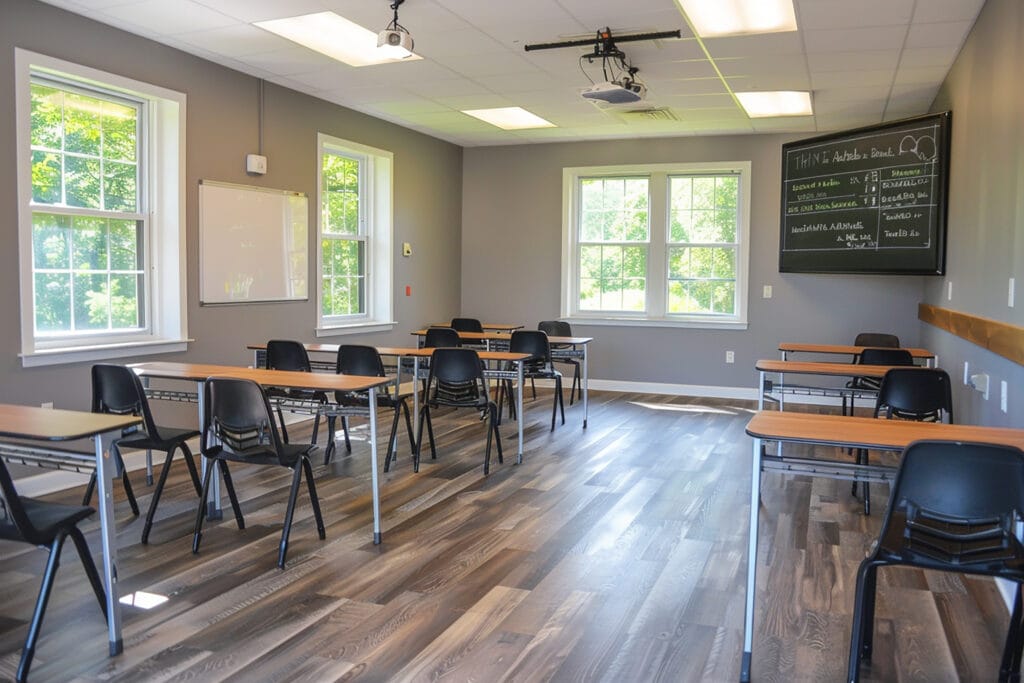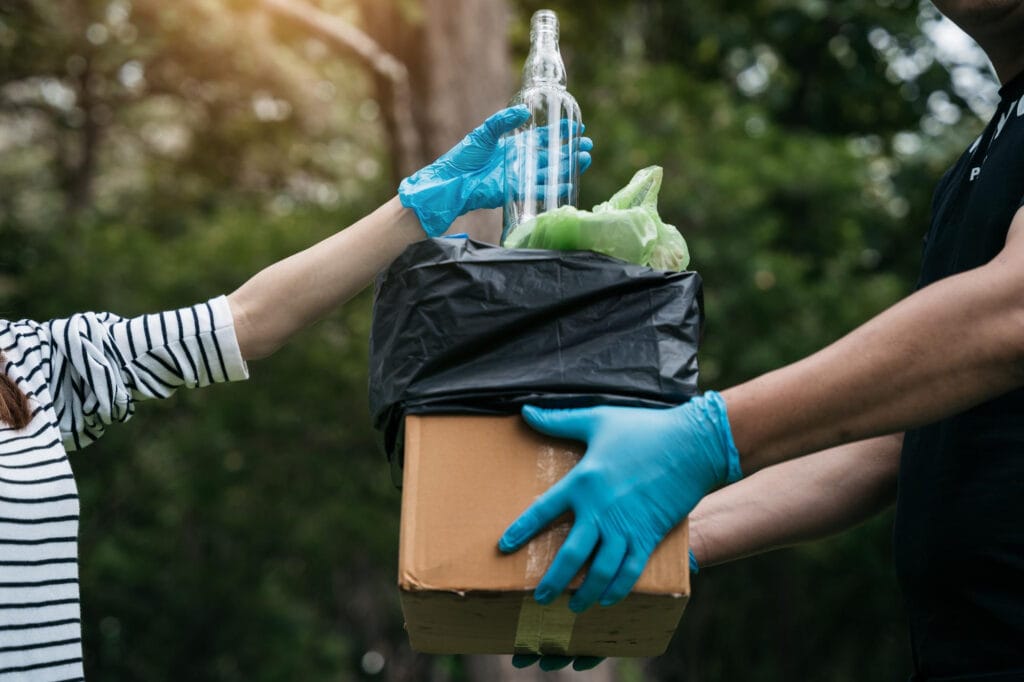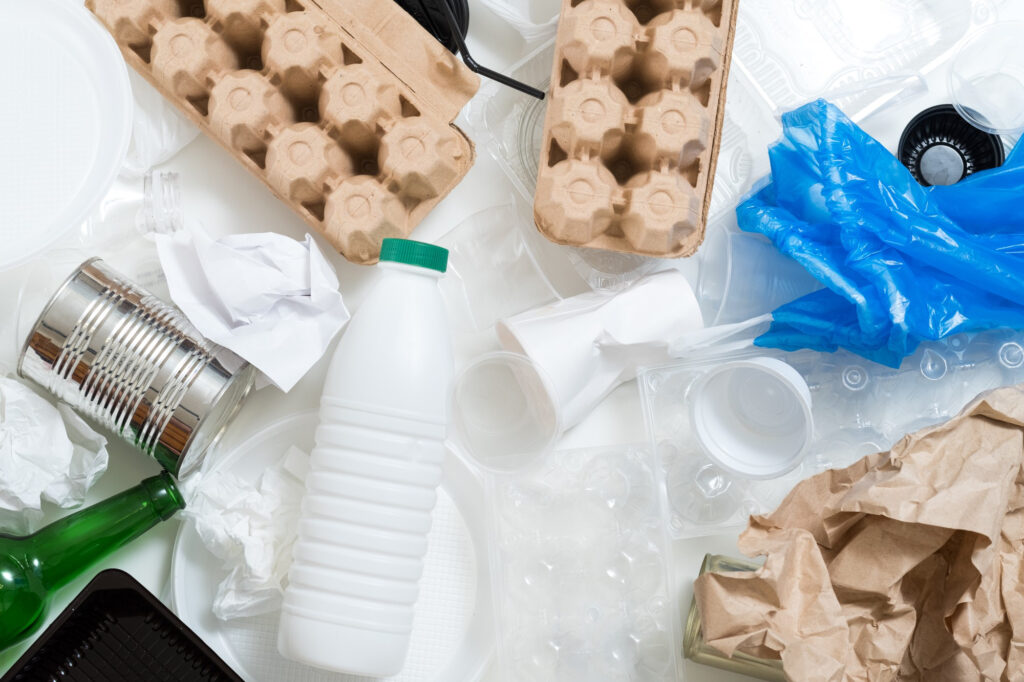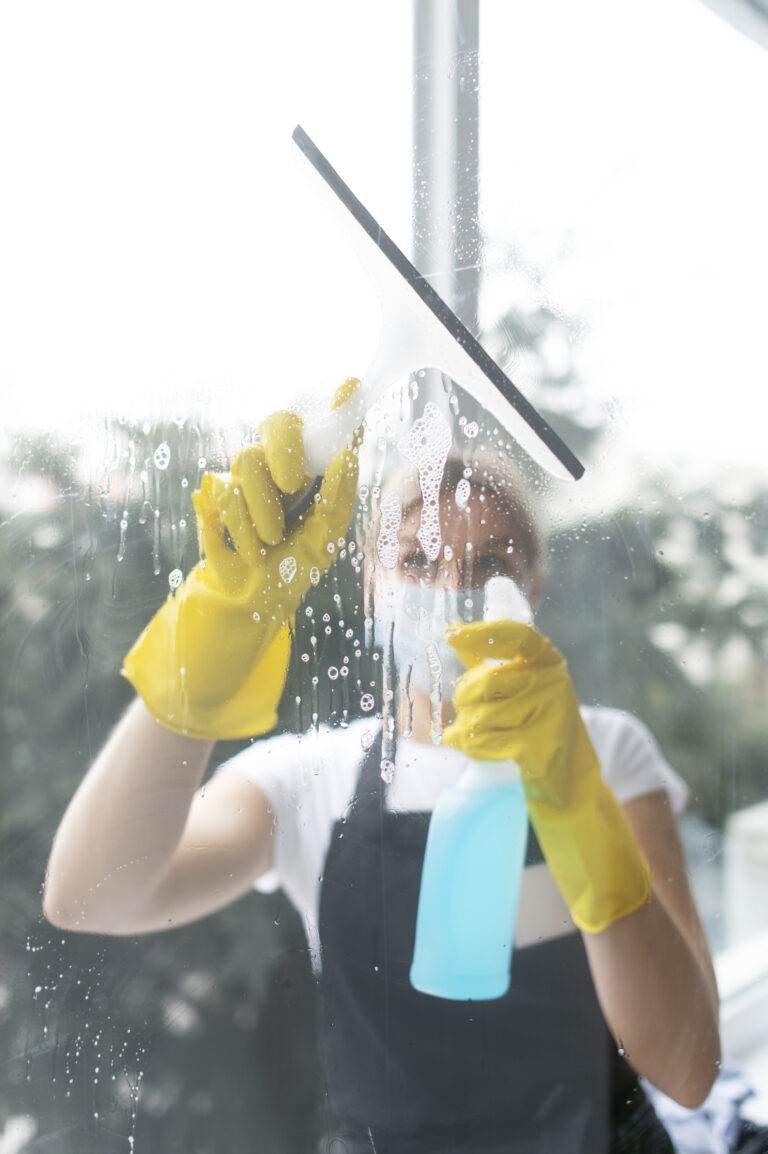In an era where environmental consciousness is paramount, the importance of sustainable janitorial practices cannot be overstated. Educational campuses, which serve as hubs of learning and development, have a unique opportunity to lead by example in adopting eco-friendly cleaning methods. Sustainable janitorial practices encompass a range of strategies aimed at minimizing environmental impact while ensuring a clean and healthy environment for students and staff.

These practices not only contribute to the well-being of the planet but also enhance the overall educational experience by fostering a culture of sustainability. The shift towards sustainable janitorial practices is driven by a growing awareness of the detrimental effects of traditional cleaning methods on both human health and the environment. Conventional cleaning products often contain harsh chemicals that can lead to indoor air pollution and pose health risks to those who use them.
By embracing sustainable alternatives, educational institutions can create safer spaces for learning while also reducing their carbon footprint. This commitment to sustainability reflects a broader societal trend towards environmental stewardship, making it essential for educational campuses to integrate these practices into their daily operations.
Key Takeaways
- Sustainable janitorial practices are important for reducing environmental impact and promoting a healthier campus environment.
- Educational campuses can benefit from sustainable janitorial practices through cost savings, improved indoor air quality, and reduced environmental footprint.
- Implementing green cleaning products and practices can help reduce exposure to harmful chemicals and promote a safer and healthier campus environment.
- Waste management and recycling strategies are essential for reducing the amount of waste sent to landfills and promoting a more sustainable campus.
- Energy and water conservation in janitorial operations can lead to cost savings and reduced environmental impact, contributing to a more sustainable campus.
Benefits of Sustainable Janitorial Practices for Educational Campuses
The benefits of implementing sustainable janitorial practices in educational campuses extend far beyond environmental considerations. One of the most significant advantages is the improvement in indoor air quality. Traditional cleaning products can release volatile organic compounds (VOCs) that contribute to respiratory issues and allergies among students and staff.
By utilizing green cleaning products, campuses can significantly reduce these harmful emissions, creating a healthier atmosphere conducive to learning. Moreover, sustainable janitorial practices can lead to cost savings over time. While the initial investment in eco-friendly products and equipment may be higher, the long-term benefits often outweigh these costs.
For instance, green cleaning products are typically more concentrated, requiring less product per use, which can lead to reduced purchasing costs. Additionally, energy-efficient cleaning equipment can lower utility bills, further contributing to financial savings. By prioritizing sustainability, educational institutions not only enhance their environmental credentials but also improve their bottom line.

Implementing Green Cleaning Products and Practices
The transition to green cleaning products is a fundamental aspect of sustainable janitorial practices. Educational campuses can begin this process by evaluating their current cleaning supplies and identifying harmful chemicals that can be replaced with eco-friendly alternatives. Many manufacturers now offer a wide range of green cleaning products that are effective yet safe for both users and the environment.
These products often utilize natural ingredients and biodegradable formulations, ensuring that they do not contribute to pollution or harm aquatic life when washed away. In addition to selecting appropriate cleaning products, it is essential to adopt best practices in their application. This includes training janitorial staff on proper dilution ratios and application techniques to maximize effectiveness while minimizing waste.
Furthermore, implementing a systematic approach to cleaning—such as using microfiber cloths and mops—can enhance efficiency and reduce the need for excessive chemicals. By focusing on both product selection and application methods, educational campuses can create a comprehensive green cleaning program that aligns with their sustainability goals.
Waste Management and Recycling Strategies
Effective waste management is another critical component of sustainable janitorial practices on educational campuses. A comprehensive waste management strategy involves not only reducing waste generation but also promoting recycling and composting initiatives. Campuses can implement recycling programs that encourage students and staff to separate recyclables from general waste, thereby diverting materials from landfills.
Clear signage and accessible recycling bins are essential in facilitating this process. Composting is another valuable strategy that educational institutions can adopt. By composting organic waste from cafeterias and landscaping activities, campuses can significantly reduce their overall waste footprint while producing nutrient-rich compost for use in gardens and landscaping projects.
Educating the campus community about the benefits of composting and providing the necessary infrastructure can foster a culture of sustainability that extends beyond janitorial practices.
Energy and Water Conservation in Janitorial Operations
Energy and water conservation are vital aspects of sustainable janitorial operations that educational campuses must prioritize. Implementing energy-efficient cleaning equipment, such as vacuum cleaners with high-efficiency particulate air (HEPA) filters, can significantly reduce energy consumption while improving indoor air quality. Additionally, using equipment that operates quietly can minimize noise pollution, creating a more conducive learning environment.
Water conservation is equally important in janitorial operations. Campuses can adopt practices such as using low-flow fixtures in restrooms and kitchens to reduce water usage without sacrificing functionality. Furthermore, implementing a strategic approach to floor cleaning—such as using damp mopping techniques instead of excessive rinsing—can conserve water while maintaining cleanliness.
By focusing on energy and water conservation, educational institutions can enhance their sustainability efforts while also reducing operational costs.
Training and Education for Janitorial Staff
The success of sustainable janitorial practices hinges on the training and education of janitorial staff. Providing comprehensive training programs ensures that staff members are well-versed in eco-friendly cleaning methods, product usage, and waste management strategies. This training should encompass not only the technical aspects of cleaning but also the underlying principles of sustainability, fostering a sense of ownership among staff members regarding their role in promoting environmental stewardship.
Ongoing education is equally important in keeping janitorial staff informed about new developments in green cleaning technologies and practices. Regular workshops or seminars can provide opportunities for staff to learn about innovative products or techniques that enhance sustainability efforts. By investing in the education of janitorial staff, educational campuses can cultivate a knowledgeable workforce committed to maintaining clean and sustainable environments.
Collaboration with Students and Faculty for Sustainability Initiatives
Collaboration between janitorial staff, students, and faculty is essential for fostering a culture of sustainability on educational campuses. Engaging students in sustainability initiatives not only empowers them but also encourages them to take an active role in maintaining their environment. Educational institutions can organize events such as clean-up days or sustainability fairs that bring together various stakeholders to promote awareness and action around sustainable practices.
Faculty members can also play a crucial role in integrating sustainability into the curriculum, providing students with opportunities to learn about environmental issues and solutions within their academic disciplines. By collaborating with faculty, janitorial staff can align their efforts with broader sustainability goals set by the institution. This partnership creates a unified approach to sustainability that enhances the overall impact of janitorial practices on campus.
Case Studies of Successful Sustainable Janitorial Programs in East Bay Educational Campuses
Examining successful case studies of sustainable janitorial programs within East Bay educational campuses provides valuable insights into effective strategies and outcomes. For instance, one local university implemented a comprehensive green cleaning program that included the use of eco-friendly products, energy-efficient equipment, and robust recycling initiatives. As a result, the campus reported a significant reduction in chemical usage and waste generation while improving indoor air quality.
Another East Bay institution focused on engaging students in sustainability efforts through hands-on projects related to waste management and energy conservation. By involving students in these initiatives, the campus not only fostered a sense of community but also educated future leaders about the importance of sustainability in everyday operations. These case studies highlight the potential for educational campuses to serve as models for sustainable practices, demonstrating that with commitment and collaboration, significant progress can be made toward creating cleaner, healthier environments for all.
In conclusion, sustainable janitorial practices are essential for educational campuses seeking to promote environmental stewardship while ensuring a safe and healthy learning environment. By implementing green cleaning products, effective waste management strategies, energy conservation measures, and comprehensive training programs for staff, institutions can make significant strides toward sustainability. Collaboration with students and faculty further enhances these efforts, creating a culture of sustainability that permeates the entire campus community.
As demonstrated by successful case studies in the East Bay area, the commitment to sustainable janitorial practices not only benefits the environment but also enriches the educational experience for all stakeholders involved.
FAQs
What are sustainable janitorial practices?
Sustainable janitorial practices refer to the use of environmentally friendly cleaning products, energy-efficient equipment, and waste reduction strategies to minimize the environmental impact of janitorial operations.
Why are sustainable janitorial practices important for educational campuses?
Educational campuses have a responsibility to promote environmental stewardship and sustainability. Implementing sustainable janitorial practices can help reduce the campus’s carbon footprint, improve indoor air quality, and create a healthier learning environment for students and staff.
What are some examples of sustainable janitorial practices?
Examples of sustainable janitorial practices include using green cleaning products, implementing recycling and waste reduction programs, using energy-efficient cleaning equipment, and promoting water conservation measures.
How can educational campuses in the East Bay region implement sustainable janitorial practices?
Educational campuses in the East Bay region can implement sustainable janitorial practices by partnering with green cleaning suppliers, providing training for janitorial staff on sustainable practices, and conducting regular audits to assess and improve sustainability efforts.
What are the benefits of implementing sustainable janitorial practices for educational campuses?
The benefits of implementing sustainable janitorial practices for educational campuses include reducing environmental impact, improving indoor air quality, promoting a healthier learning environment, and demonstrating a commitment to sustainability to students, staff, and the community.










